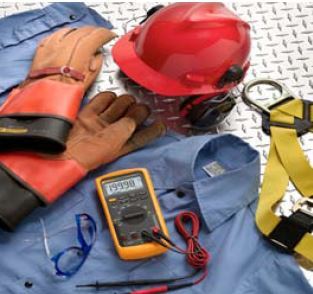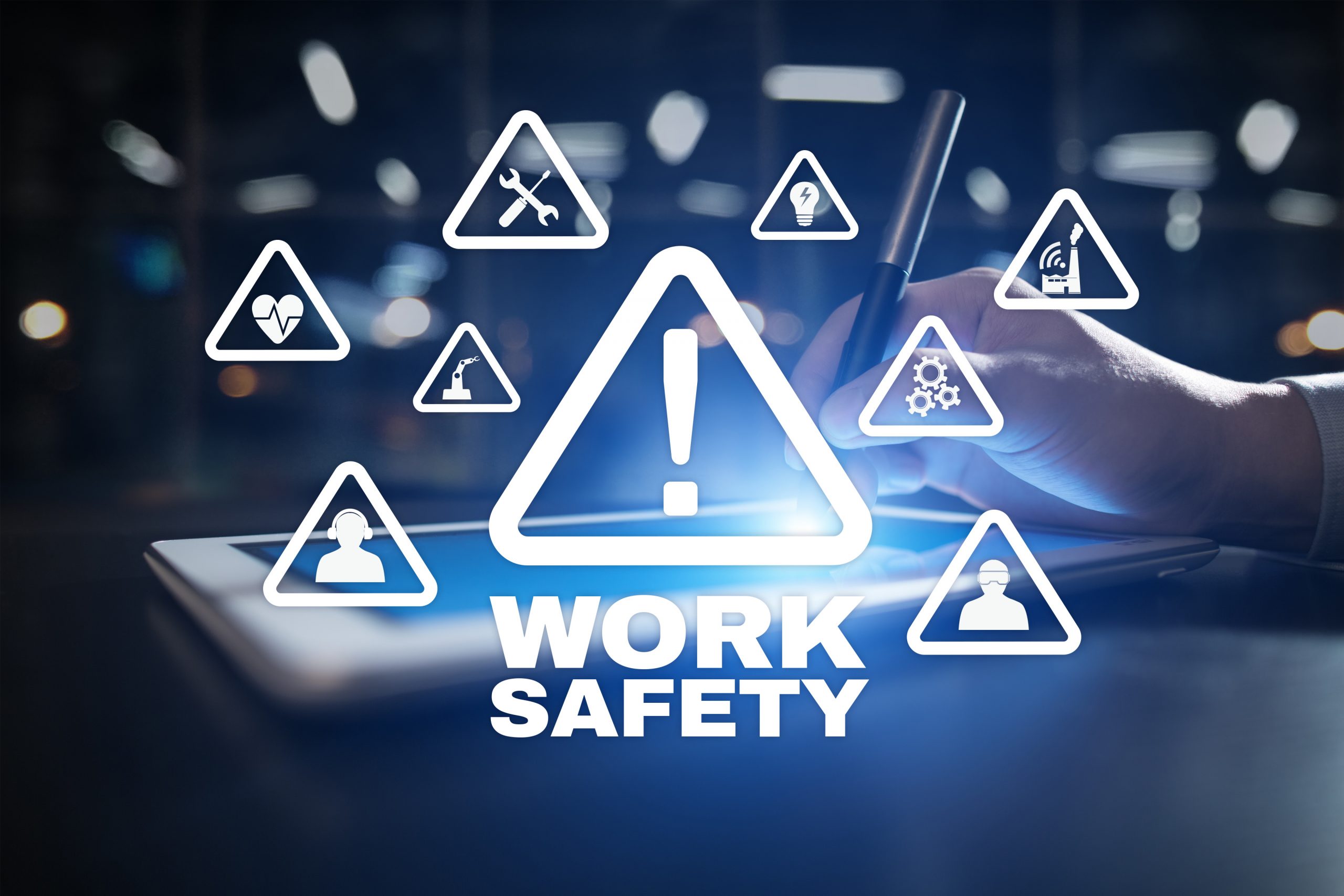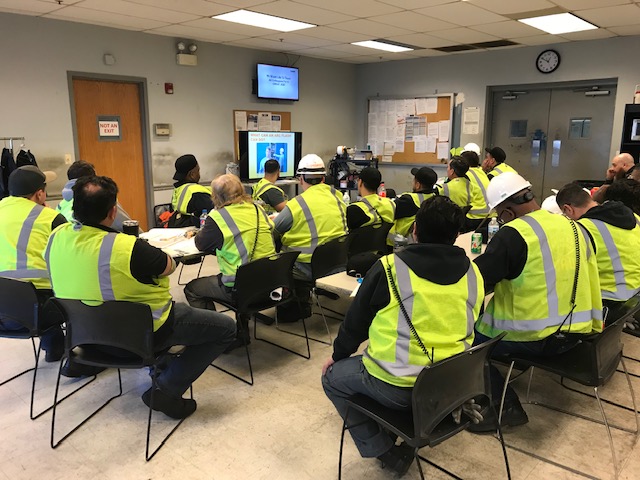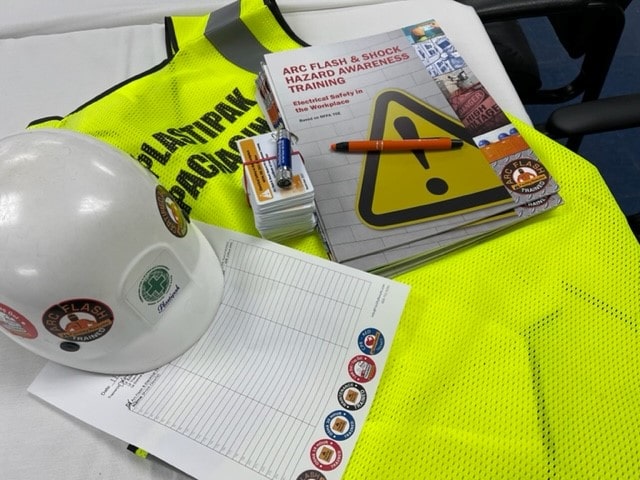
The Importance of Hazard Assessment in NFPA 70E Compliance
February 5, 2023
Electrical Hazards in the Workplace: Why the NFPA 70E Standard is Just the First Step
February 8, 2023 Electrical safety is very important in today’s workplaces. Electrical safety training has never been more important than it is now, as more and more industries depend on electrical systems and equipment. Electrical accidents can cause serious injuries or even death, and they can also damage equipment and cause it to stop working, which costs money and time. This is why it’s important for employers to put money into programs that teach their workers how to be safe around electricity. This article will talk about why electrical safety training is important and how it can keep workers and businesses safe.
Electrical safety is very important in today’s workplaces. Electrical safety training has never been more important than it is now, as more and more industries depend on electrical systems and equipment. Electrical accidents can cause serious injuries or even death, and they can also damage equipment and cause it to stop working, which costs money and time. This is why it’s important for employers to put money into programs that teach their workers how to be safe around electricity. This article will talk about why electrical safety training is important and how it can keep workers and businesses safe.
First of all, electrical safety training is important to keep accidents from happening at work. Workers who work with electrical equipment and systems face real risks of electric shock, arc flash, and electrical burns. In fact, the Occupational Safety and Health Administration (OSHA) of the U.S. Department of Labor says that around 300 workers die every year from electrical accidents. Also, electrical hazards cause injuries to tens of thousands of workers every year. To stop these kinds of accidents from happening, workers need to be taught how to recognize and avoid electrical hazards and how to use electrical equipment safely.
Electrical safety training programs usually cover things like electrical safety rules, electrical safety procedures, electrical safety equipment, and electrical safety hazards. Workers learn about the dangers of electrical shock, arc flash, and electrical burns, as well as the right way to work with electrical systems and equipment. They also learn how to check and test electrical equipment, how to use electrical tools safely, and how to figure out what’s wrong with electrical equipment.
Electrical safety training is also important because it helps employers follow the rules about safety at work. The National Fire Protection Association (NFPA) made the NFPA 70E standard, which tells people who work on or near electrical systems and equipment what they need to do to stay safe. This standard is the standard for electrical safety in the industry, and many employers use it to set up their own electrical safety programs. By giving their employees training on electrical safety, employers can show they are serious about following this standard and making the workplace safe.
Electrical safety training also helps employers reduce the risk of accidents with electricity, which can be expensive. Accidents with electricity can cause damage to equipment, downtime, and liability claims. Because of this, it’s important for employers to set up electrical safety programs that include training, equipment maintenance, and figuring out where the dangers are. By doing these things, employers can cut down on the chance of electrical accidents and the costs that might come with them. Electrical safety training can also help improve the overall safety culture in the workplace, which can make the workplace safer and boost employee morale.
Electrical safety training is also helpful because it can help make electrical systems and equipment work better. Electrical safety training makes it more likely that workers will be able to find and fix electrical problems quickly and well. They are also more likely to know how to use the electrical systems and tools they work with safely. Because of this, electrical systems and equipment are likely to work better and have fewer problems. This can cut down on downtime and boost productivity.
In conclusion, electrical safety training is an important part of any program for keeping people safe at work. It helps prevent accidents, makes sure safety rules are followed at work, lowers the risk of electrical accidents, makes electrical systems and equipment work better, and makes the workplace safer. Employers who pay for their workers to learn about electrical safety are not only protecting their workers but also their business. By giving electrical safety training, employers can show they care about the health and safety of their workers and the success of their business.




